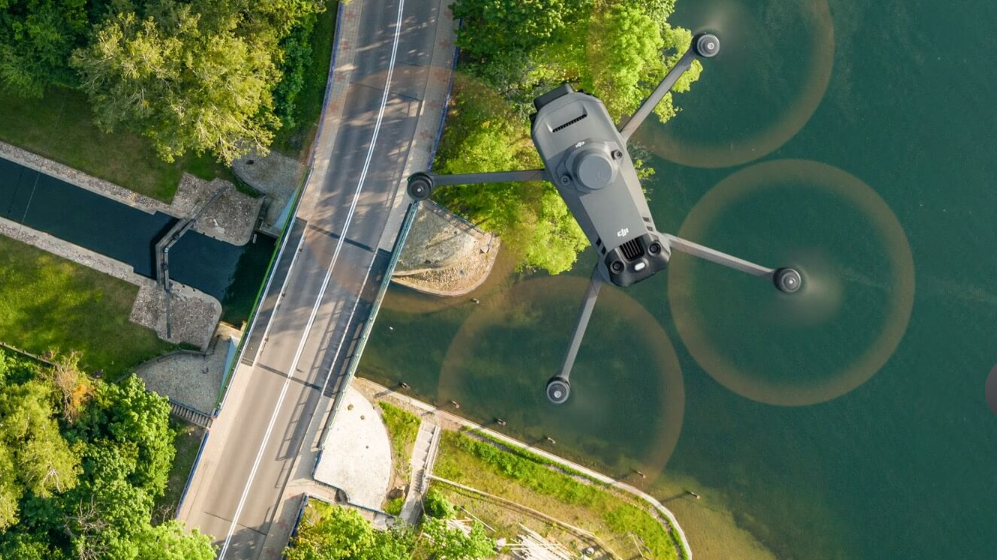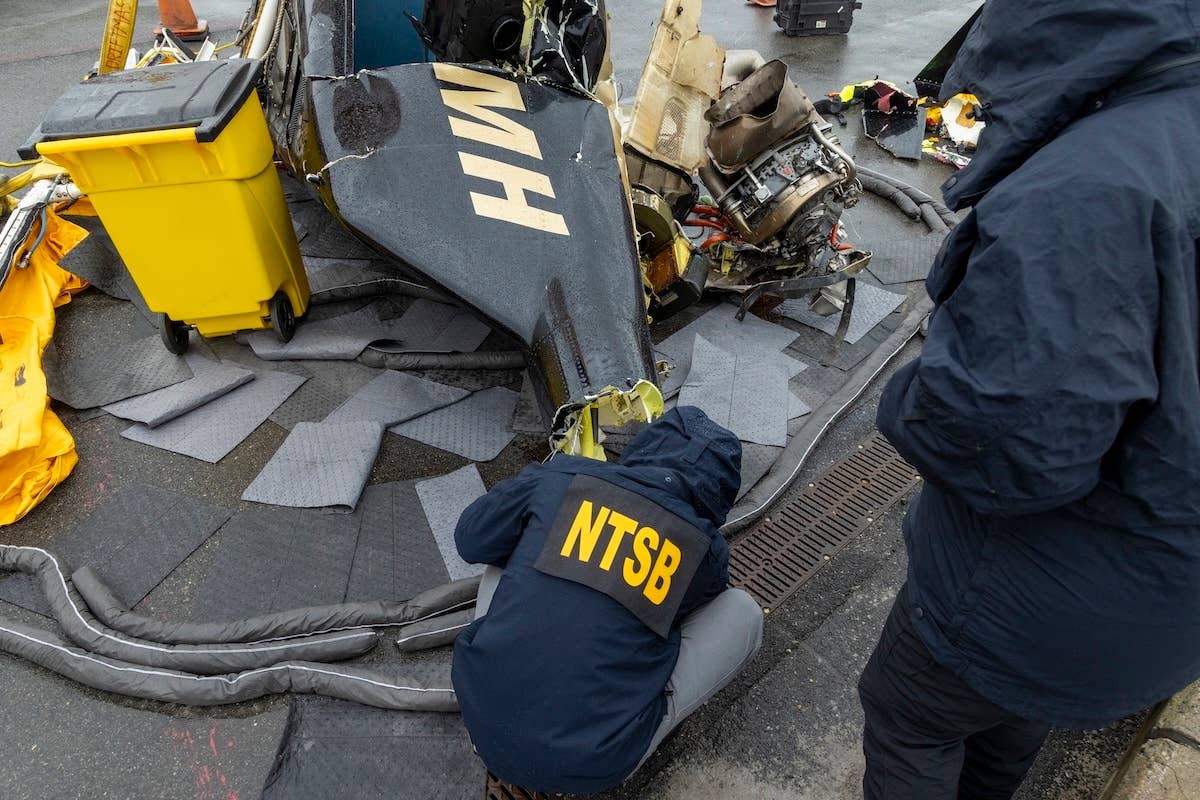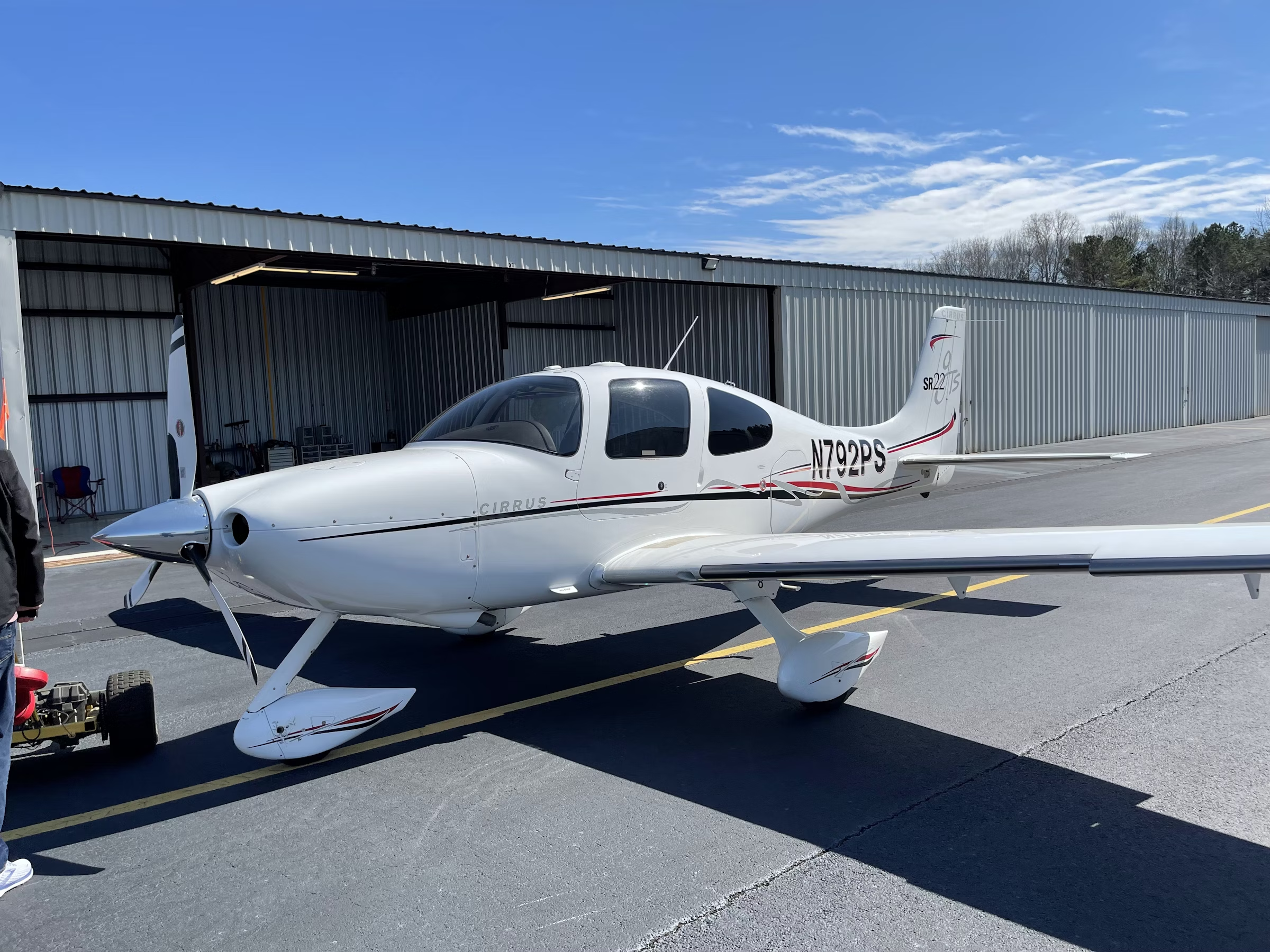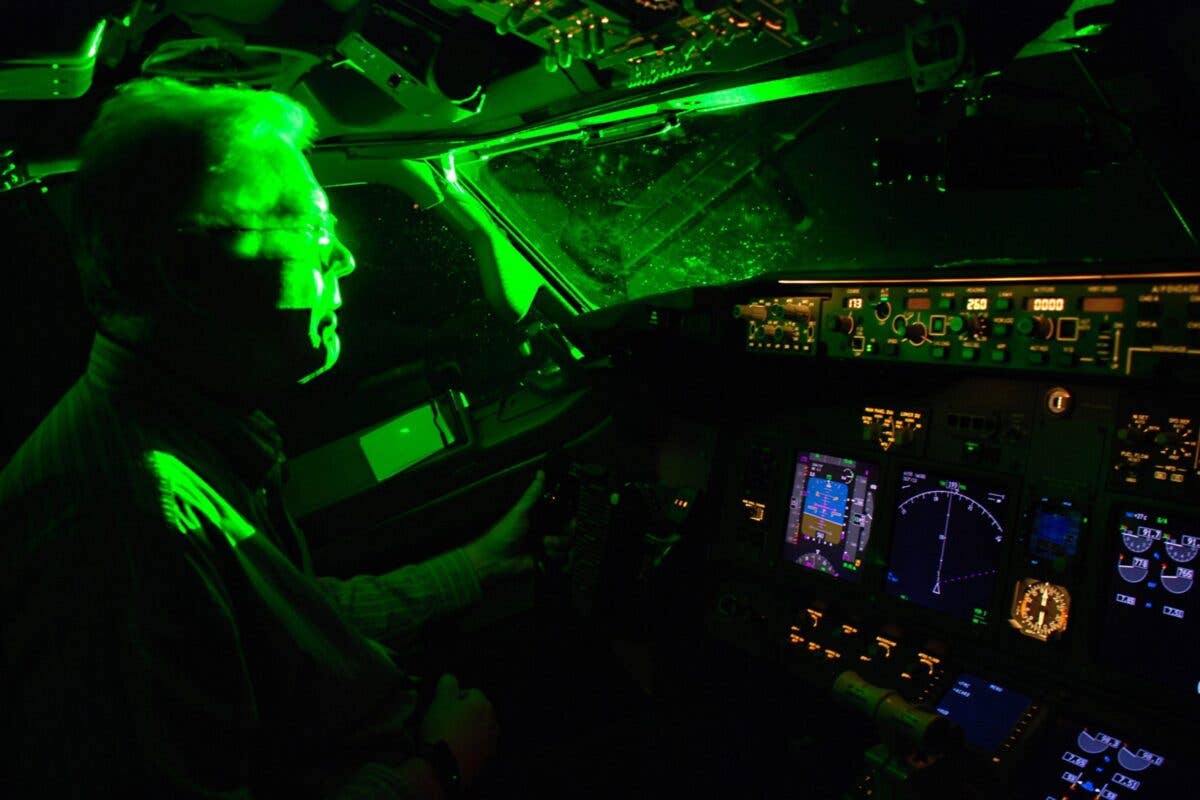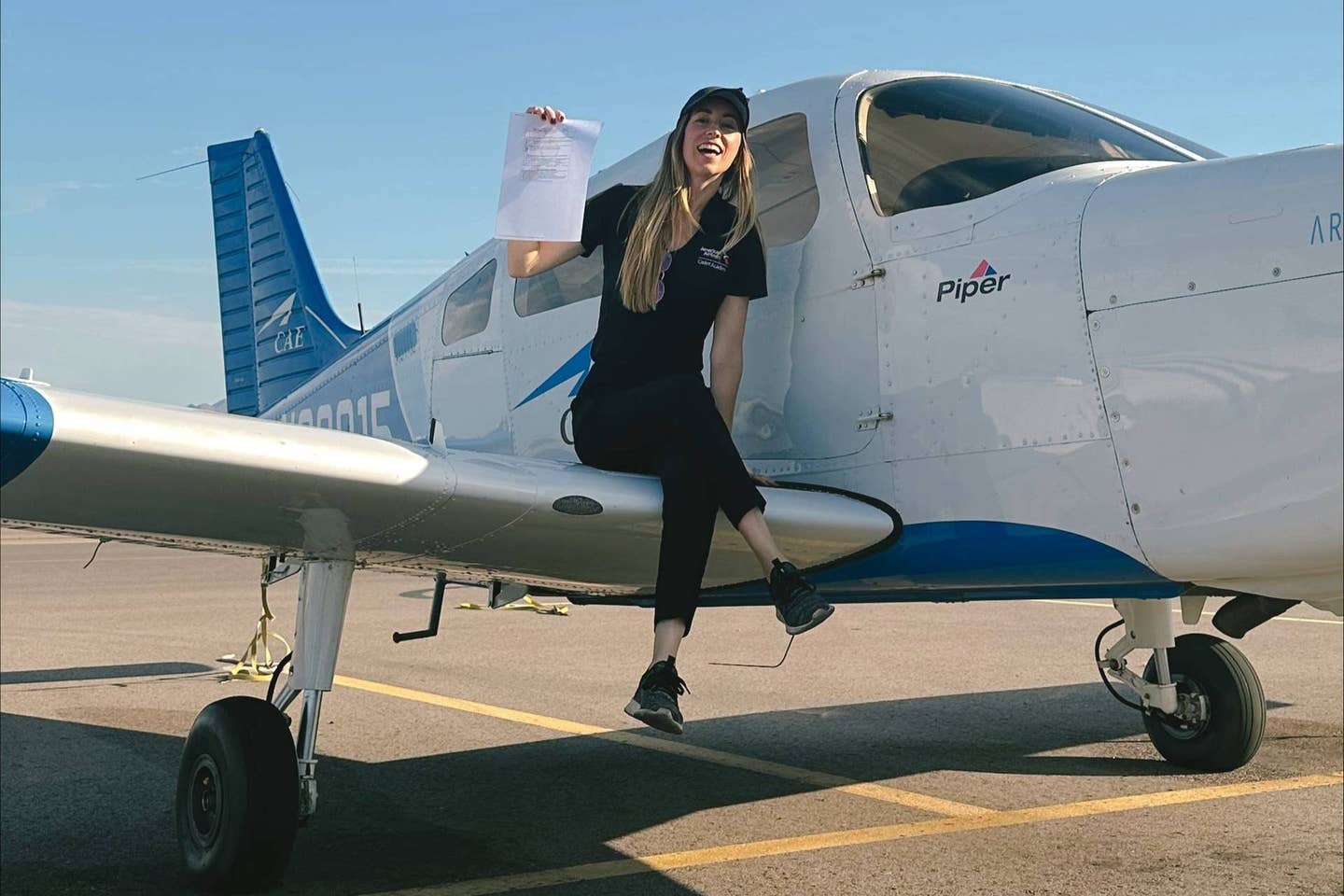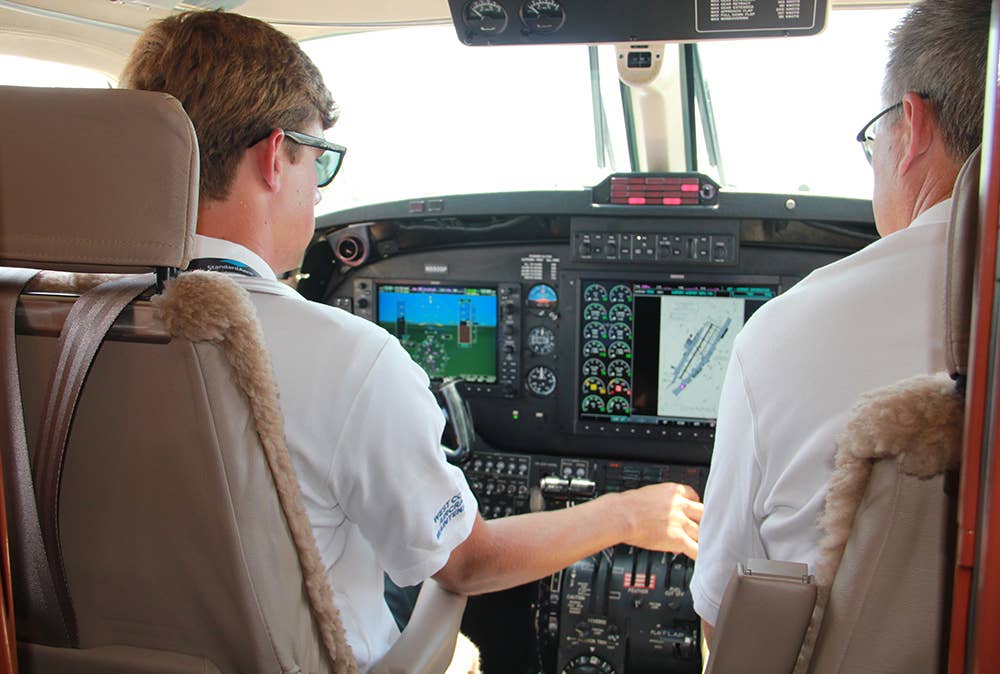Aviation Stakeholders Call for FAA to Increase Knowledge Testing Oversight
A new reimbursement structure for aviation knowledge tests could create obstructions to FAA certification, aviation stakeholders told the agency.

Since 2018, aviation knowledge tests have been administered by testing contractor PSI. [Credit: Shutterstock]
Recent changes in aviation knowledge testing availability and quality made by a third-party testing contractor are creating obstructions to FAA certification for pilots, according to a group of aviation stakeholders pressing the agency to increase oversight of the process.
Since 2018, aviation knowledge tests have been administered by testing contractor PSI, following a competitive bid to become the sole provider of FAA knowledge exams.
In January, the contractor introduced a new reimbursement structure, which would reduce reimbursement rates for third-party providers—in some cases by more than 65 percent for most exams.
According to a PSI official, the fee structure change was needed to improve security for aviation knowledge tests. “PSI has led a number of changes over the years to ensure continuous improvement to the [aviation knowledge test] program. With rapid advancements in technology and growing threats to security this is necessary to protect the integrity and assurance of the knowledge tests," PSI president Janet Garcia told Christopher J. Cooper, senior director of regulatory affairs at AOPA in a December 2023 letter.
While there is no change in the applicant fees, Garcia acknowledged that the decision could impact testing availability. "Given the fee difference is material to those affected, we are aware it may result in some providers revisiting the financial viability to continue offering testing services," she said.
Aviation stakeholders agree, saying that PSI's new reimbursement structure will negatively impact testing center availability and access to the FAA knowledge exams because many third parties would stop providing the tests.
The coalition of aviation groups outlined their concerns in a March 9 letter to the FAA.
“Given the acute demand for certificated pilots, and widespread initiatives seeking to grow qualified personnel, the community is highly vigilant of any obstructions to FAA certification. The changes imposed by PSI do not make a positive contribution to our pipeline development efforts; instead, PSI’s actions introduce barriers to entry in direct opposition to FAA initiatives, industry efforts, and recent congressional mandates,” wrote the groups.
The coalition also argued that PSI has refused to provide any data on testing locations, seating capacity, and the distribution of PSI-owned vs. third-party testing facilities that could impact applicants. Instead, the broader aviation community has had to take on the burden of conducting their own surveys, with early feedback suggesting reduced testing availability since the reimbursement change was enacted.
According to the letter, “Diminished access to testing could not come at a worse time. It is widely held that the availability of a diverse, qualified workforce is the biggest threat to growth in our industry.”
In its letter, the groups also noted the quality of PSI-administered tests was also of concern—namely, the lack of benchmarks being met as required by the test management services contract. The groups also pointed out the outdated form tests and test maps, the inability of applicants to review missed questions, and PSI’s poor customer service. “In short, PSI has obstructed the pilot and mechanic workforce pipeline and disrupted the aviation training community,” they wrote.
To address their concerns, the coalition urged the FAA to conduct an assessment of knowledge test availability before and after the fee change, increase testing capacity, evaluate PSI’s performance using stakeholder feedback, and assess the FAA’s current certification process.
The groups are requesting a meeting with the FAA to review concerns and develop solutions to “ensure the FAA airman testing system supports a safe, efficient, and sustainable aviation training environment and National Airspace System.”

Sign-up for newsletters & special offers!
Get the latest FLYING stories & special offers delivered directly to your inbox

